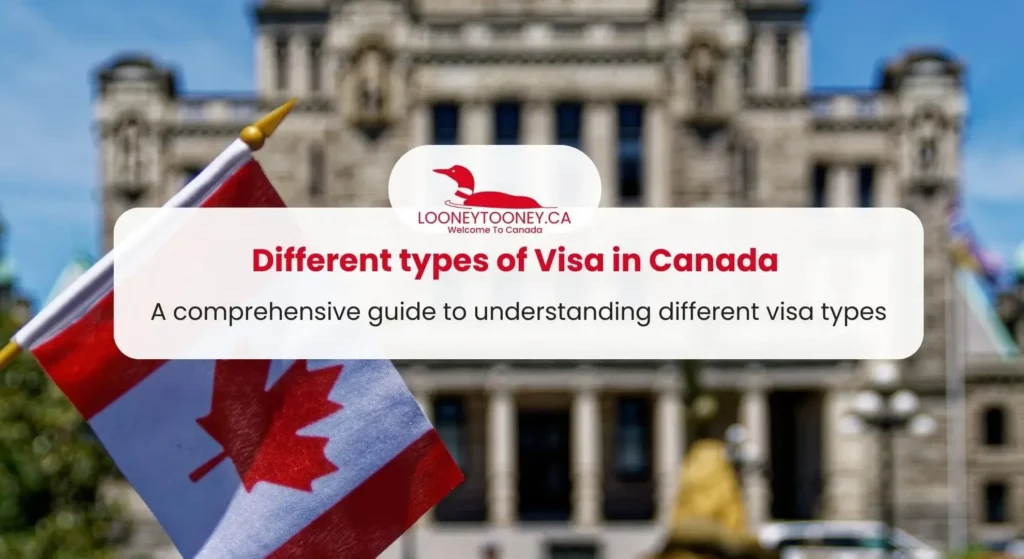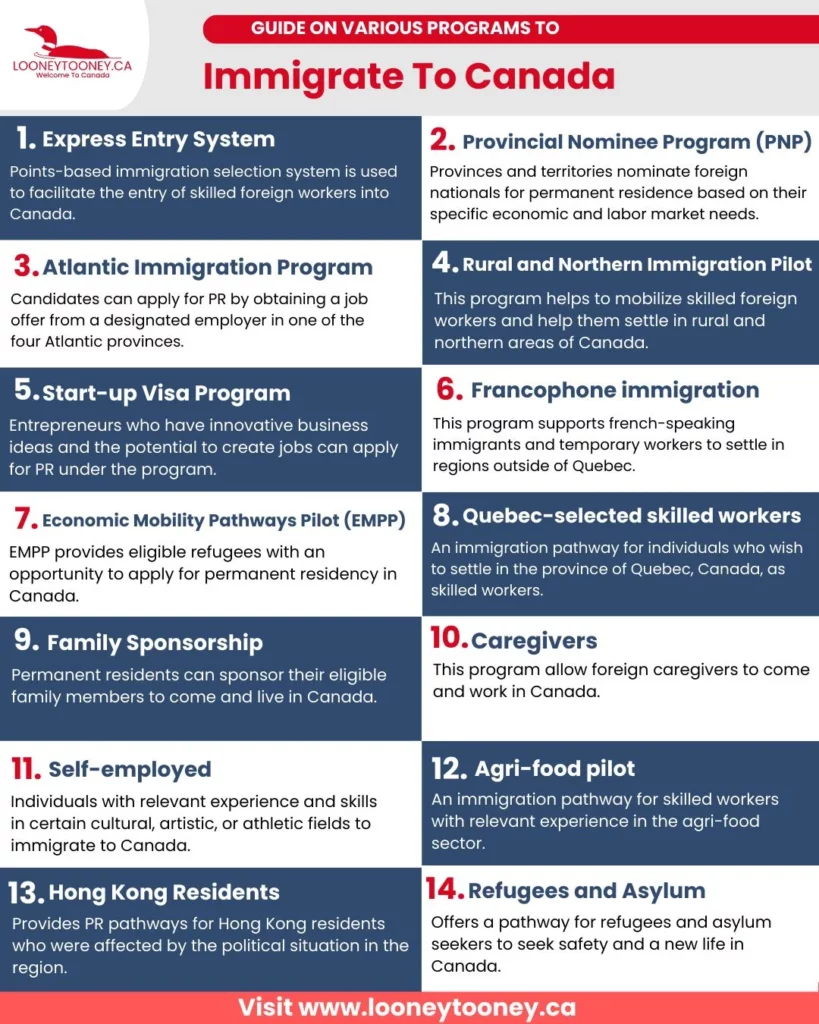Francophone Mobility Program Expanded to get more French-speaking immigrants
………
The Government of Canada places great emphasis on Francophone immigration i.e. immigrants who speak French and/or have a great affinity to French language and culture. The country has long been trying to attract more French speakers to continue to grow the French-speaking minority. To this end, the government has been implementing innovative initiatives to facilitate attracting and integrating French-speaking immigrants into minority communities and uphold the social fabric of the nation.
Recently, the Honourable Sean Fraser, Minister of Immigration, Refugees and Citizenship, announced an expansion of the Francophone Mobility Program for a duration of two years. This program enables Canadian employers to extend job offers to eligible candidates with a moderate command of French, covering all National Occupation Classifications except for primary agriculture positions. Originally designed for highly skilled French-speaking temporary foreign workers, this expansion opens doors for a greater number of French-speaking immigrants, granting them opportunities to gain Canadian work experience and potentially qualify for permanent residency.
To ensure the suitability of candidates under the Francophone Mobility Program, updated French language proficiency criteria have been established for foreign nationals applying for a work permit. Applicants must demonstrate a moderate level of French language proficiency in oral comprehension and expression, equivalent to a level 5 in language requirements. These new language criteria align with the linguistic demands of various occupations and broaden the pool of eligible French-speaking foreign nationals.
Furthermore, applicants are now required to provide evidence of meeting these language requirements. Acceptable documentation includes French evaluation tests, French competency tests, diplomas or degrees from French colleges or universities, or documents confirming studies at French-language institutions.
These amendments to the Francophone Mobility Program highlight the Government of Canada’s commitment to fostering population growth and economic prosperity. They also serve to support the continued growth and vitality of Francophone minority communities while addressing labor shortages.
“Our government is committed to increasing the presence of French-speaking immigrants from coast to coast to coast. The changes to the Francophone Mobility Program opens the possibility for this and provides supports the development of the Francophone minority communities that welcome them. By attracting more French-speaking individuals we embrace a wealth of linguistic talents and cultural perspectives, and a shared heritage that enriches the cultural tapestry of our great nation.”
– The Honourable Sean Fraser, Minister of Immigration, Refugees and Citizenship
“As a proud Franco-Ontarian, I believe we need to do everything we can to protect the French culture and language. Increasing Francophone immigration outside Quebec remains one of our top priorities. That’s why we will always advocate for the expansion of programs, like the Francophone Mobility Program, that support the vitality of Francophone minority communities across Canada.”
Marie-France Lalonde, Parliamentary Secretary to the Minister of Immigration, Refugees and Citizenship
Quick Facts:
- In 2016, Immigration, Refugees and Citizenship Canada launched the Francophone Mobility Program under the International Mobility Program, aimed at assisting employers in recruiting highly skilled French-speaking temporary foreign workers from Francophone communities outside Quebec.
- The program’s Labour Market Impact Assessment exemption simplifies the process for employers to hire skilled French-speaking temporary foreign workers, allowing them to work and gain valuable experience in Francophone minority communities across Canada, excluding Quebec.
- The program also aids French-speaking temporary foreign workers in qualifying for permanent residency programs, increasing their chances of being invited to apply for permanent residence if they have submitted a profile in the Express Entry system.
Statistics:
- In 2019, IRCC issued 1,900 work permits (including extensions) under the Francophone Mobility Program, and this number remained consistent in 2020 and 2021.
- From June 2016 to December 2020, 1,080 out of 5,700 temporary work permit holders transitioned to permanent residence.
- Nearly two-thirds of applicants to the Francophone Mobility Program work in professional sectors that require post-secondary college or apprenticeship training ranging from six months to two years.
In conclusion, the expansion of the Francophone Mobility Program in Canada reflects the government’s commitment to facilitating the immigration of French-speaking individuals and supporting the growth and prosperity of Francophone minority communities.





